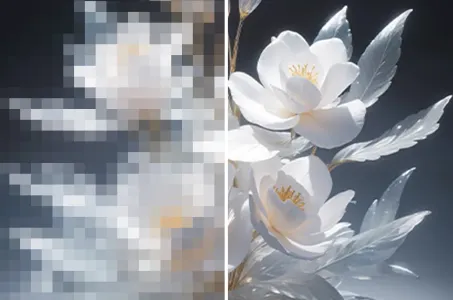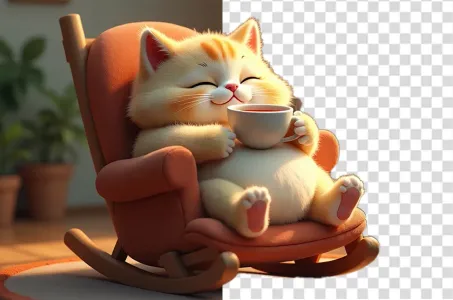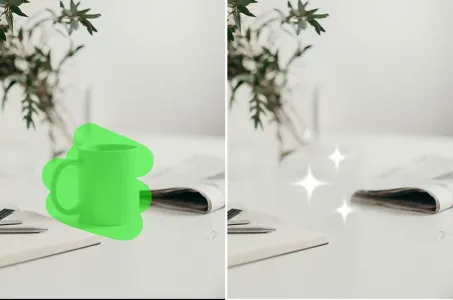A painting of a green monster with a long tail standing on a rock
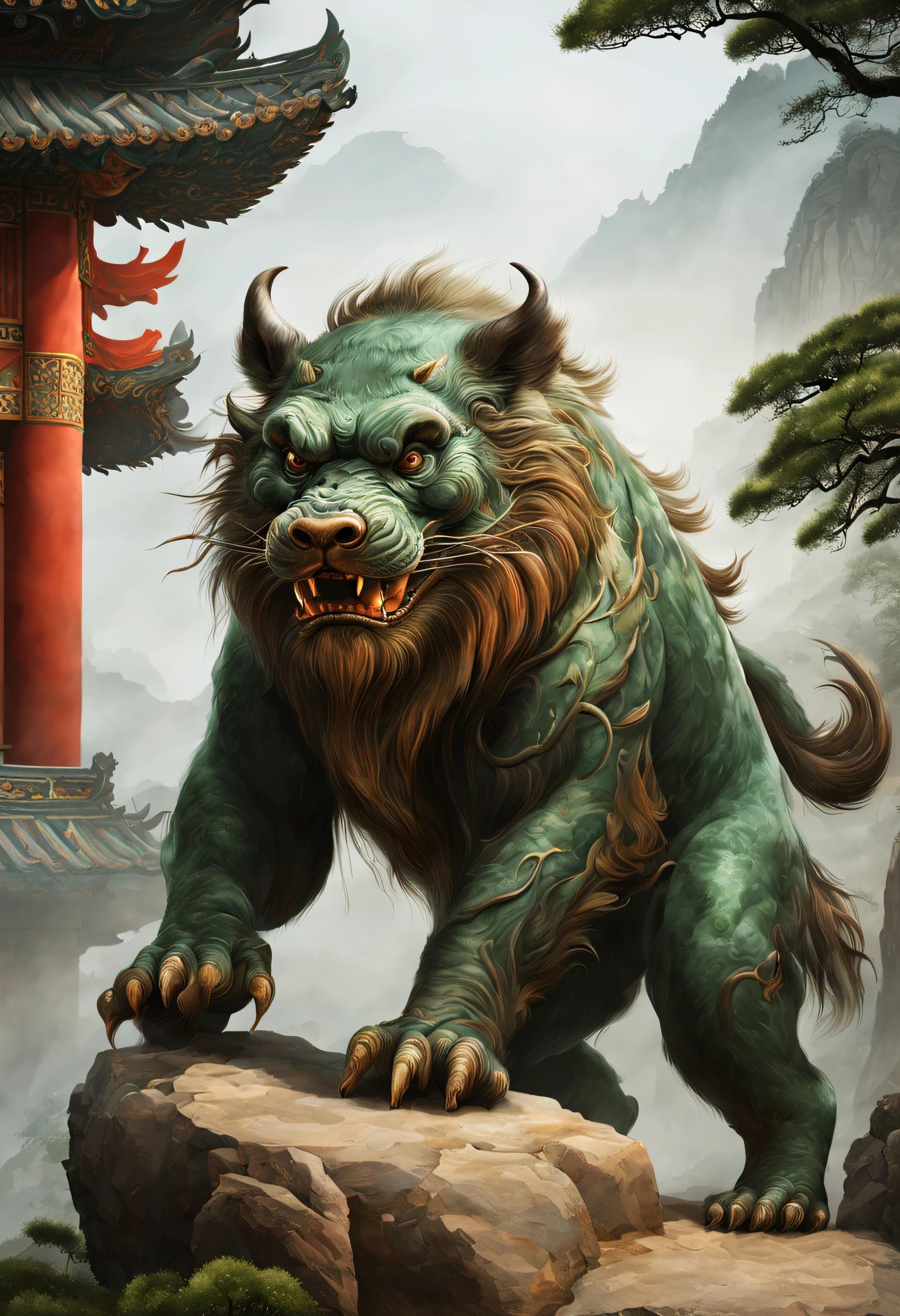

Tenho sugestões secretas, só para você.
Mythical beast name: Huaihuai Biological characteristics: Huaihuai is animal-like beast resembling wild pig, covered with hard hair, showing grayish brown color. Its front legs are very strong while its hind legs are like those of a monkey. Its tail is long and thin, connected to the body, forming a flexible climbing tool. Source: "In the Shan Hai Jing•Bei Shan Jing, it is said that: 'Another three hundred li to the north, there is a mountain called Dai Shan. On this mountain there is a lot of jade and its foot is full of Qingbi. There is a beast there, which resembles禺and has patterned arms, leopard body and beast feet, named Huaihuai, crying in its own voice.'" Cultural implication: In traditional culture, Huaihuai was regarded as a fierce beast with mysterious colors and forces. Its image was used to symbolize evil, chaos, and destruction. Image application: The image of Huaihuai appears in ancient bronze ware, pottery, and jade artworks, becoming a pattern with cultural symbolic significance.
Prompts
Copiar prompts
Mythical beast name: Huaihuai
Biological characteristics: Huaihuai is animal-like beast resembling wild pig, covered with hard hair, showing grayish brown color. Its front legs are very strong while its hind legs are like those of a monkey. Its tail is long and thin, connected to the body, forming a flexible climbing tool.
Source: "In the Shan Hai Jing•Bei Shan Jing, it is said that: 'Another three hundred li to the north, there is a mountain called Dai Shan. On this mountain there is a lot of jade and its foot is full of Qingbi. There is a beast there, which resembles禺and has patterned arms, leopard body and beast feet, named Huaihuai, crying in its own voice.'"
Cultural implication: In traditional culture, Huaihuai was regarded as a fierce beast with mysterious colors and forces. Its image was used to symbolize evil, chaos, and destruction.
Image application: The image of Huaihuai appears in ancient bronze ware, pottery, and jade artworks, becoming a pattern with cultural symbolic significance.
INFO
Checkpoint & LoRA
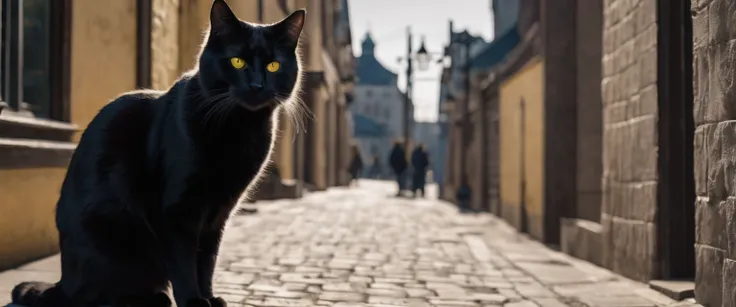
Checkpoint
Crystal Clear XL

LORA
White Background
comentário(s)
1
30
0




